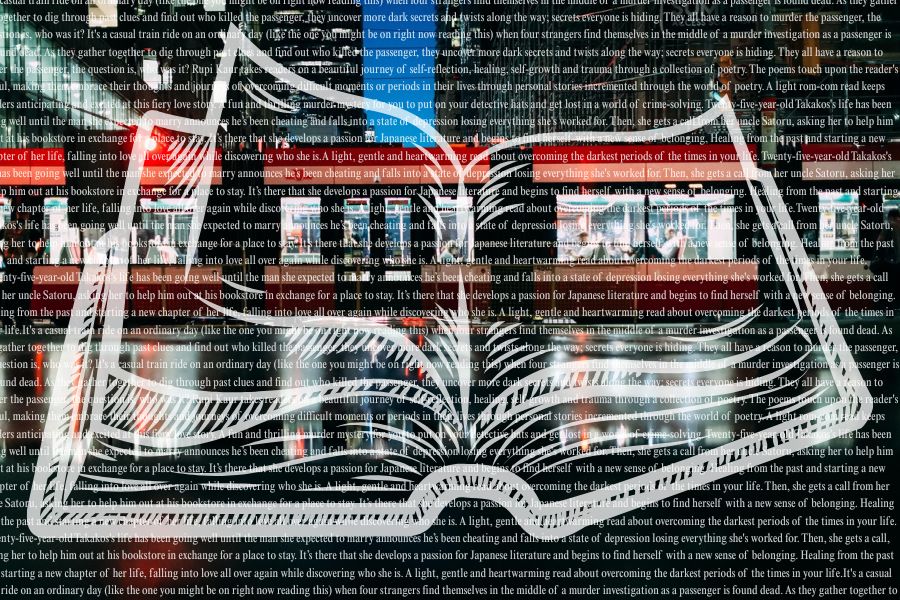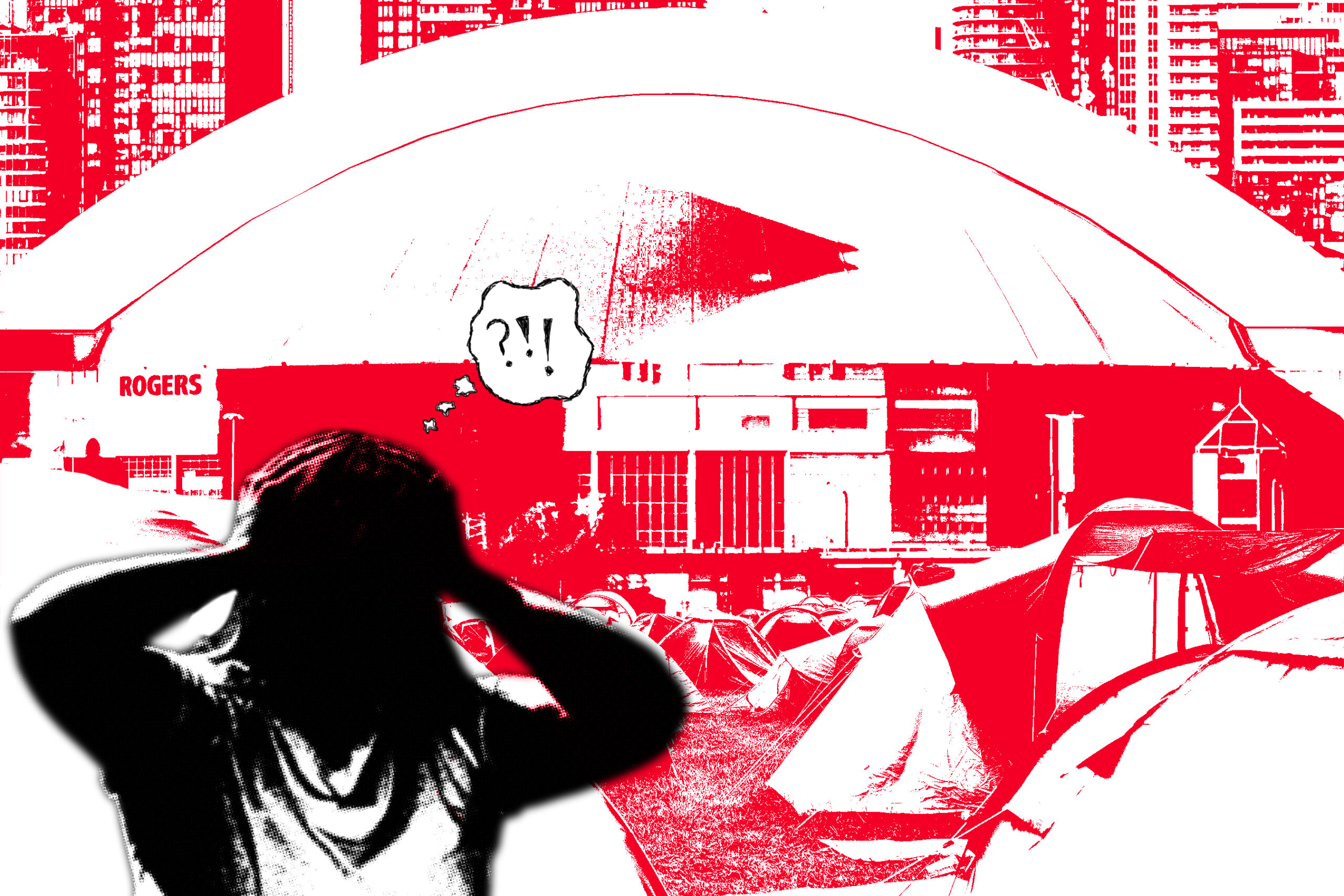How advocacy is inseparable from the art for this budding filmmaker

By Larayb Abrar
Last fall, Abdu Aljahma began working on his second short film, Enemy of the Sun, as a way to bridge the gap between Black and Palestinian solidarity movements. What started as a film project soon expanded into something larger — a zine and a fundraising event that ultimately raised $770 for Camp Cinema in Gaza.
The film is a visual narrative of the 1970 poem Enemy of the Sun by Palestinian poet Samih Al Qasim. By chance, the poem was found among the writings left behind by George Jackson, a Black Panther and political prisoner, after his assassination in San Quentin State Prison in 1971. That same year, the poem was mistakenly published under Jackson’s byline in the Black Panther Intercommunal News Service. While the publication later corrected the error, Aljahma remained struck by this over half-century-old coincidence. It was symbolic of a telling overlap in the Black and Palestinian struggles.
On Oct. 14, 2024, Aljahma shot the film in Toronto’s Wellesley Park. A Black reader and a Palestinian reader recited Enemy of the Sun together, standing before the Pan-African and Palestinian flags.
“I also wanted to include the green space to represent the land that we’re on,” he explained.
Through the film, he sought to explore poetry’s role in liberation movements and decolonial resistance.
The poem itself is a defiant assertion of resistance, its refrain unwavering: “I shall resist” — a refusal to yield despite systemic oppression. The film’s speakers deliver the lines, “You may glue my eyes to humiliations, / O enemy of the sun, / But / I shall not compromise.”
On the very same day of the film shoot, Israeli air forces struck tents on the ground at Al-Aqsa Hospital Martyrs complex in Deir el-Balah. Aljahma noticed it as yet another parallel that fueled the urgency behind his work.
“The art doesn’t exist without the activism that’s backing it,” he said. “My politics are never separated from the work that I’m doing.”
As research for the film, Aljahma immersed himself in texts on liberation, reading essays like “the guerrilla is like a poet” by Jamila Osman and Matthew Molinario’s analysis of Black-Palestinian solidarity — both of which he later included in the film’s accompanying zine. In the introduction, he writes:
“So-called Israel is a colonial project—one that, every single day, attempts to erase Palestine off the map. Blackness is familiar with the terror in the eyes of the colonizer and weathers the storm of searching for life in a world that revolves around its death. We have a common enemy, an enemy of the sun, and we will win.”
While the zine, much like the film, examines poetry as a tool of liberation, it also critiques the limits of poetic resistance.
Currently an undergraduate student at Toronto Metropolitan University, Aljahma traces his interest in liberation politics back to his high school years. “I was really interested in learning about Black life, the social structures around Blackness, how things work and why things are the way they are,” he said.
The political climate at the time heightened this curiosity. He was in the 10th grade when the Black Lives Matter protests of 2020 erupted following the murder of George Floyd. To deepen his understanding, he turned to foundational texts by Jamil Al-Amin, The Meaning of Freedom by Angela Y. Davis and films such as Sankofa by Haile Gerima and Concerning Violence by Goran Olson. This early engagement with Black radical thought shaped his artistic lens.
Enemy of the Sun culminated in a screening event at It’s OK* Studios in February. Aljahma printed 100 copies of the zine, selling them for $5 each to raise funds.
“When I thought about making the film, I already knew it was going to be a fundraiser,” he said.
In addition to raising money, the zine also served an educational purpose. “It’s important for people to take the work home with them and engage with it on their own time in whatever way they want to approach learning about this,” he added.
In many ways, Enemy of the Sun is a continuation of a historical dialogue — a reaffirmation that the struggles for Black and Palestinian liberation are deeply intertwined.






Leave a Reply